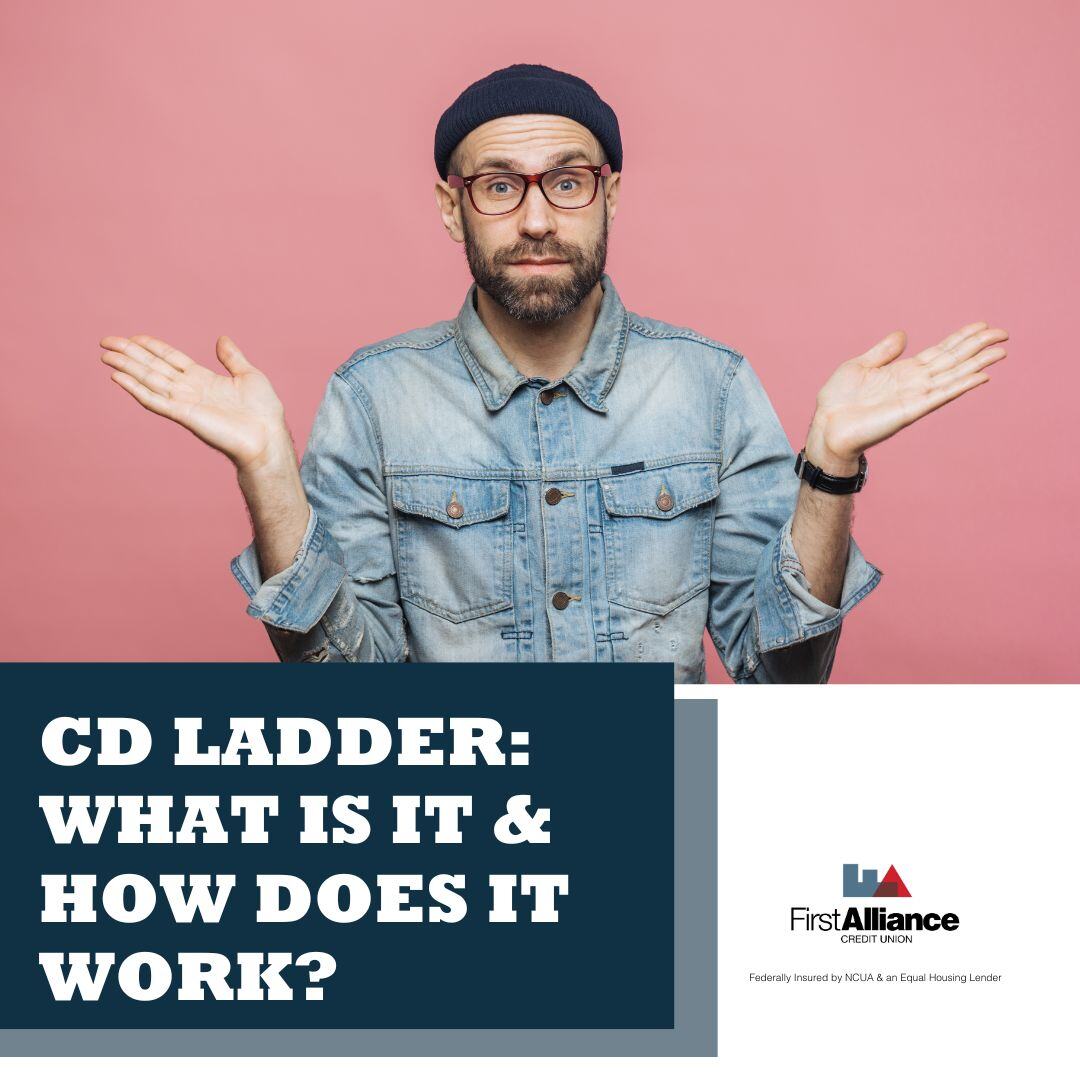How to decide if you should keep your money in CDs vs. Savings Accounts?
Almost everyone uses a savings account when they first start saving money. After you’ve been putting aside money for a few months, though, another...
2 min read
 Chris Gottschalk
:
Jun 20, 2023 4:30:00 AM
Chris Gottschalk
:
Jun 20, 2023 4:30:00 AM

A lot of articles about certificates of deposit, otherwise known as CDs, assume that you already have a few thousand dollars saved. However, what if you’ve only been saving for a little while? Should you open a CD if you have a thousand dollars or less in your account?
As with most financial questions, the answer is, “it depends.” You’ll need to consider a few questions before you can definitively say “yes” or “no.”

This is the big question. Opening a CD account requires a substantial minimum deposit. In the case of First Alliance Credit Union, you need at least $500 to open a CD.
Even if you have enough money to meet the minimum deposit, you’ll also need to think about how much money you’ll have left in your savings account once you’ve opened the CD. If you’ll only have one or two hundred dollars left to use for an emergency, you might want to hold off on opening the CD until you’ve saved more.
In addition to how much money you have in your account, you’ll also need to think about the reason you’re saving money. Are you putting money aside for your emergency fund, a financial goal or both? If most of the money in your savings account is going towards a financial goal, you might want to think about putting it in a CD.
However, it’s worth pointing out that CDs are better for some goals than others, especially when you don’t have a lot of money saved. When you’re thinking about keeping your goal money in a CD, make sure:
When you’re just starting to save, every dollar counts, so putting money in a CD to get even a bit more cash can seem appealing. However, if you do put that money in a CD, you won’t get to withdraw it if you need it in an emergency, at least not without paying a penalty fee. So what can you do?
One solution is to get a credit card or line of credit that will let you access enough funds to get you through most emergencies. While you won’t want to use either of these, the idea is that you’re gambling by putting your funds in a CD, and a credit card or line of credit will be your ace in the hole. Of course, you will have to pay interest on anything you borrow, but it’s a lot better than trying to scramble for funds at the last second.
If you want to use this strategy, though, you’ll want to make sure you have a good credit score. That way, you’ll get the lowest possible interest rates. You’ll also be more likely to get the card or line of credit in the first place.
The question of whether a certificate of deposit is a good savings option if you’ve just started saving depends on your individual situation. If you’re saving for an important financial goal, you might want to consider it, but you also need to think about how much money you’ll have left in your account once the CD is opened. If you’re using a CD to build up your emergency fund quickly, you’ll want to make sure you can rely on a credit card or line of credit if an emergency arises.
If you’ve got questions about opening a certificate of deposit, talk with a First Alliance Credit Union member advisor today. They’ll help you review your finances and give you expert advice about whether a certificate of deposit is right for you.

Almost everyone uses a savings account when they first start saving money. After you’ve been putting aside money for a few months, though, another...

If you're like many young people just starting to save, you’ve probably heard of a certificate of deposit (CD). It sounds like a smart idea for...

The most basic step you can take when starting to save money is opening a savings account. Sometimes, though, this can seem like an unnecessary...